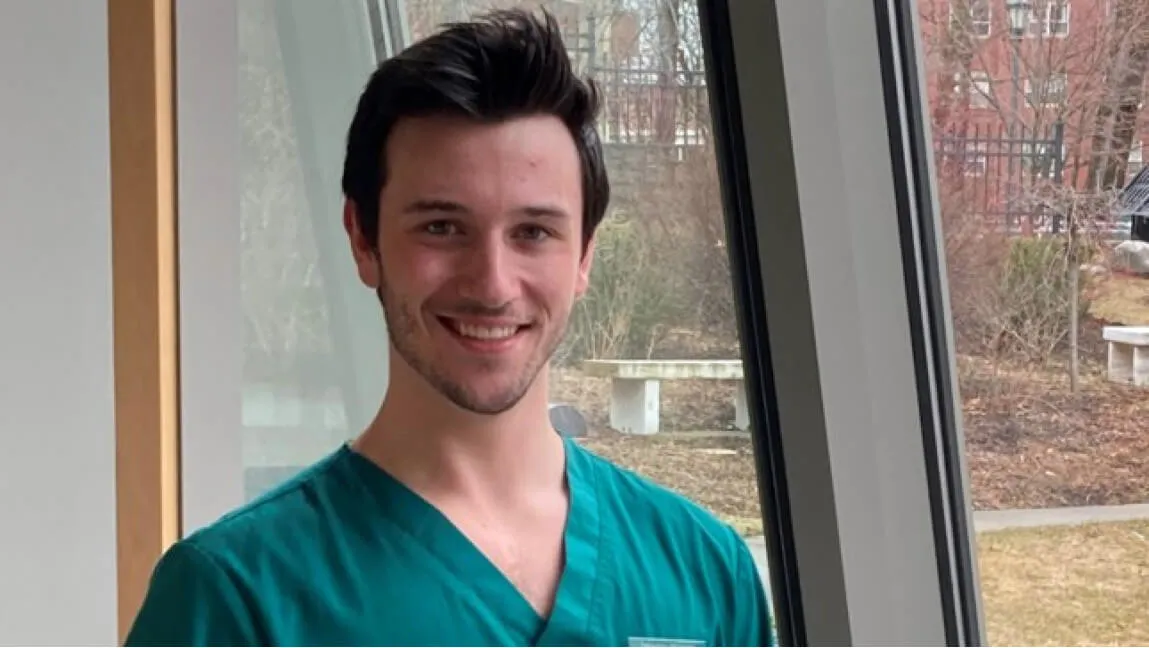In high school and college, Sebastian C. Magnotti noticed an unsettling trend: some of his peers misused prescription stimulants with the perception that the substances would help them concentrate better while studying.
Prescription stimulants are commonly used in the treatment of attention deficit hyperactivity disorder (ADHD), and widely regarded as safe and effective at reducing symptoms of ADHD including inattention, impulsivity, and hyperactivity. However, serious side effects can occur when stimulant medications are misused.
Magnotti's nursing pharmacology course underscored the dangerous impacts stimulants can have on the central nervous system and brain – ranging from psychosis to sudden death. Considering this, together with the potential criminal consequences of illegal substance use, he wanted to understand what compels some students to gamble with their future this way.
“I was fascinated to know why nursing students would take these risks,” Magnotti says.
As he searched for more information, he found that literature relating to the issue among nursing students was scarce – and that he might have uncovered a topic for a study of his own.
Magnotti’ s mom, Dr. Lisa Weyandt, a University of Rhode Island psychology professor and researcher, offered both encouragement and the chance for Magnotti to pitch his idea to her lab team. He gained three enthusiastic collaborators and served as lead author on the year-long project, using skills developed throughout his undergraduate research experience at UVM and a Research in Nursing course, to conduct a systematic literature review.
With the understanding that misuse of prescription stimulants has become a serious public health problem in the general population, particularly among college students, the team looked for studies that addressed the prevalence, motivations, and demographic factors associated with stimulant misuse among the nursing student population nationwide.
Magnotti and his team found that only 1% of studies that investigated prescription stimulant misuse among college students included information regarding nursing students. Research that did include a sample of 4,000 nursing students indicated that 8-10% reported using prescription stimulants without a valid prescription. These students indicated their primary motivation for misuse was to increase alertness and concentration while studying, Magnotti adds.
Additional findings of Magnotti’s study suggest that a substantial number of registered nurses (RNs) who misuse prescription stimulants begin using them in college; and approximately half of students who misuse prescription stimulants in college continue to do so after graduation.
“What became very clear was that more research regarding prescription stimulant misuse needs to be conducted with nursing students and RNs,” Magnotti said.
Magnotti and his research colleagues Avery Beatty, M.S., Erek Bickford, and Lisa Weyandt, Ph.D., from the University of Rhode Island, and Isabella Channell, B.S., from Boston University, presented their findings at the NeuroBoston 2021 Fall Symposium. Their paper is currently in review for publication.
Magnotti plans to pursue a career as a nurse anesthetist.
